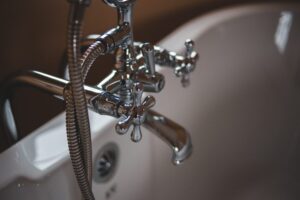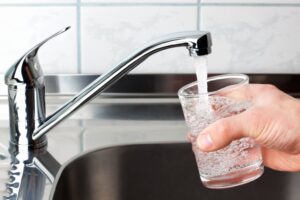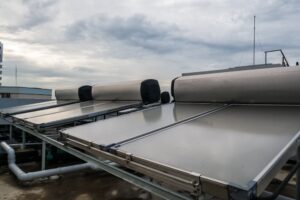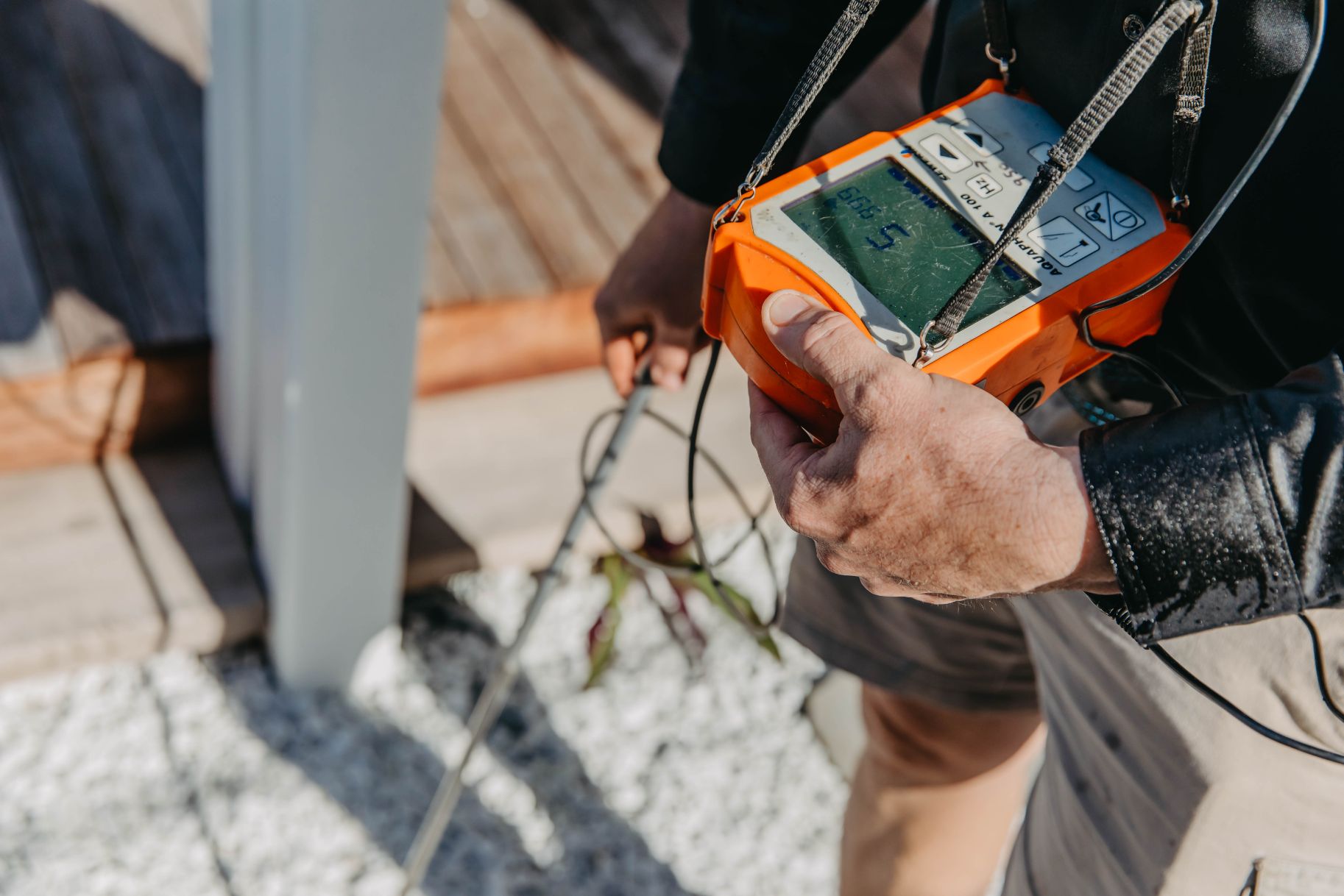If you’ve recently received a high water bill, you’re probably wondering what could be causing the spike in usage. One common explanation is a water leak. Water leaks can be sneaky, often going undetected for long periods of time and resulting in significant water waste and damage to your property.
In this post, we’ll dive into the reasons you’ll have a high water bill and the common sources of water leaks and how to detect them. By understanding the potential sources of leaks and how to locate them, you can take proactive steps to prevent costly water waste and damage. So, let’s get started!
Common Sources Of Water Leaks
Water leaks happen for various reasons and are commonly found in:
- Pipes and fittings: A common source of water leaks, particularly in older homes or buildings with outdated plumbing systems. Over time, pipes can corrode or become damaged, leading to leaks. Similarly, fittings such as elbows and tees can loosen or fail, resulting in leaks.
Water heaters: The tank of a water heater can rust or develop holes over time, leading to leaks. In addition, the connections and fittings on a water heater can fail, also resulting in leaks.
Toilets: Toilet leaks can be caused by a variety of issues, including a faulty flush valve, a damaged wax seal or a cracked tank or bowl.
Sinks and taps: Leaks arise due to wear and tear on the seals and gaskets, or due to issues with the valve or handle.
Overall, it’s important to regularly inspect and maintain pipes, fittings, water heaters, toilets, sinks and faucets to prevent leaks. Early detection and repairing any potential issues can save you time, money and hassle in the long run.
How To Detect Water Leaks
To avoid water waste and damage to your property, be proactive in detecting water leaks:
- Visual inspection: One of the simplest ways to detect a water leak is through visual inspection. Look for visible signs of water damage, such as water stains on walls or ceilings, or standing water near pipes or appliances. It’s also a good idea to periodically inspect pipes, fittings and appliances for visible signs of damage or wear.
Listen for unusual sounds: Another way to detect a water leak is by listening for unusual sounds. For example, you may hear running water even when no taps are in use. This could be a sign of a leak.
Check the water meter: To look for a water leak, you can check your water meter. First, turn off all taps and appliances that use water. Then, check the water meter. If the meter is still moving, it could indicate a leak.
Use leak detection technology: There are also a variety of leak detection technologies available that can help you locate a water leak. These technologies can include sensors that detect the presence of water or specialised equipment that uses sound waves to locate underground leaks—ask your plumber for more information!
How To Prevent Water Leaks
There are several steps you can take to prevent water leaks and protect your home or business:
Maintain pipes and appliances: Regular maintenance is key to preventing water leaks. This can include cleaning and inspecting pipes and fittings, as well as regularly servicing appliances such as water heaters and washing machines. By taking preventative measures, you can catch potential issues before they become major problems.
Fix small leaks promptly: If you do spot a small leak, it’s important to address it promptly. Ignoring a small leak can lead to bigger problems down the line, so it’s best to fix it as soon as possible.
Consider a whole-home leak detection system: To provide an extra layer of protection against water leaks, you may want to consider installing a whole-home leak detection system. These systems use sensors to detect the presence of water and alert you if a leak is detected, allowing you to take immediate action to prevent water waste and damage.
Has Your Water Bill Been Unusually High?
At Oceanside Services, we understand the importance of preventing water leaks and protecting your home or business from water damage and excessive water bills. That’s why we offer a range of services to help you detect and prevent water leaks, including inspections, maintenance and repairs.
Our team of fully licensed and insured technicians have decades of industry experience and are equipped to service all major brands. And, with our 24/7 availability and same-day guarantee, you can count on us to be there for you when you need us most.
If you suspect you have a water leak in your home or business, don’t hesitate to reach out to us via our contact form, or call us today on (07) 5520 7100 to request a free quote. Let us help you keep your property protected from water leaks and the associated costs.
Other articles you might like

How Much Is The Average Water Bill? – Updated in 2023
Many of us take our water supply for granted but, of course, it’s a commodity that we all have to pay for. Most people are

The Best Ways To Save Money On Your Hot Water Bill
It may seem obvious, but hot water is a big part of your daily life at home. You use your hot water all day –

Excess water bill? Here’s how to tell if you have a burst pipe
If you’ve received an excess water bill, here’s how to tell if you have a burst pipe. The first thing to do is to check

The 3 Best Water Saving Devices For Your Home
We hear a lot these days about reducing our carbon footprint, but how is this done? Let us tell you! Start by looking at the

Tips To Save Water
Save $$ on your water bill There are several ways in which you can save water in your home and/or business. The good news is

Saving Money Using Solar Hot Water
Saving money using solar hot water in Australia Most parts of Australia have abundant, all-year-long sunshine; it’s very possible and important to put that resource



 5 Star Service
5 Star Service 







